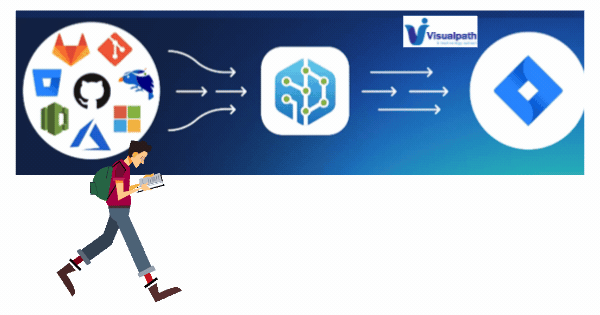Google Cloud Platform (GCP) for DevOps- Exploring Storage and Database Services

Google Cloud Platform (GCP) for DevOps- Exploring Storage and Database Services Introduction: Google Cloud Platform ( GCP ) is one of the leading cloud providers that offer a wide range of services designed for developers and IT teams. For DevOps teams, efficient data storage and database management are crucial components of the development and deployment lifecycle. GCP provides an extensive suite of storage and database services, helping organizations to efficiently manage their data, ensure scalability, and streamline operations. In this article, we will explore the key storage and database services in GCP, and how they contribute to a DevOps environment. GCP DevOps Online Training 1. Google Cloud Storage Google Cloud Storage is a scalable and durable object storage service that allows DevOps teams to store and access unstructured data like images, videos, backups, and archives. It offers features like global accessibility, high durability (99.999999999%), and integra...
.jpg)


